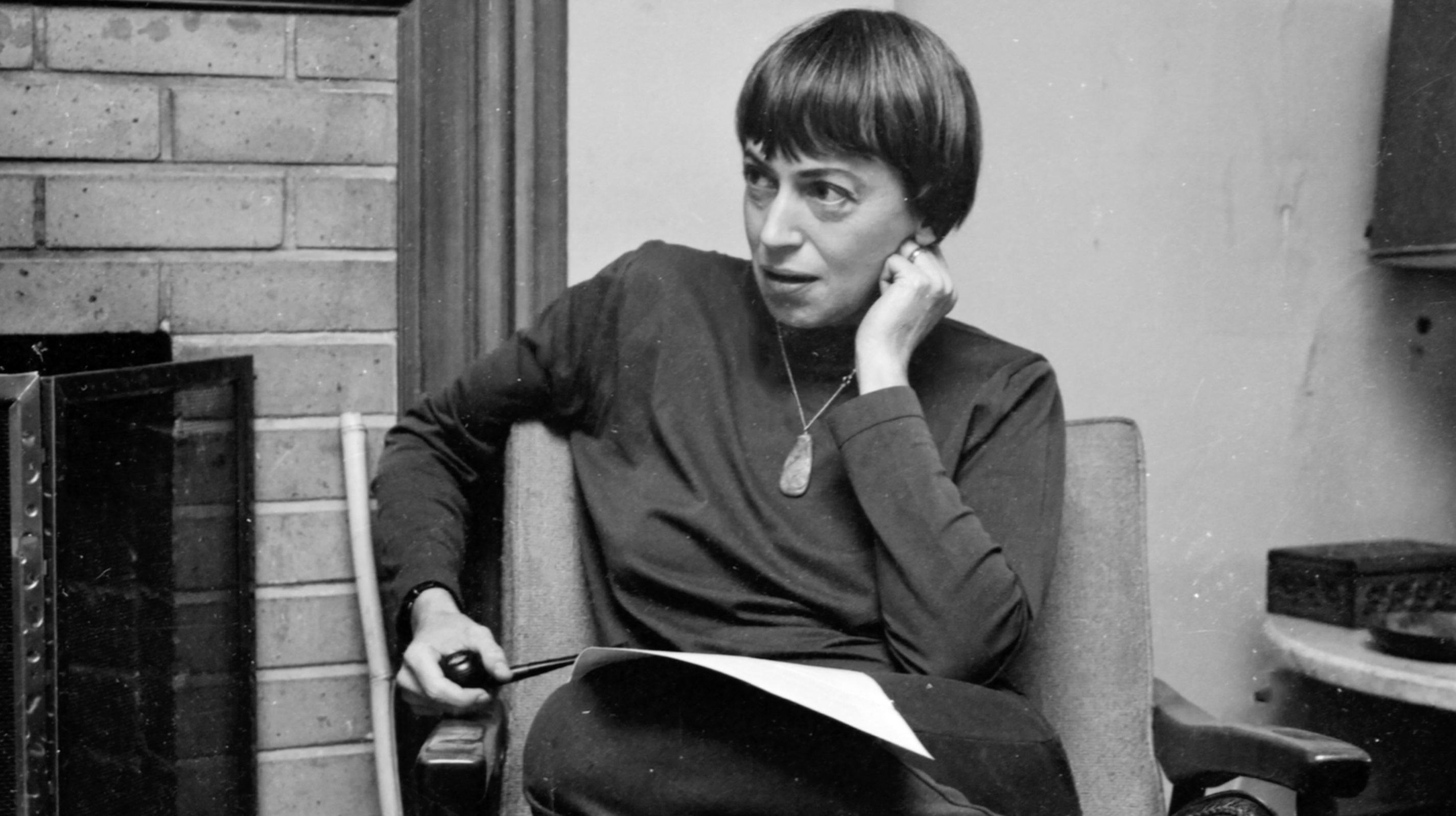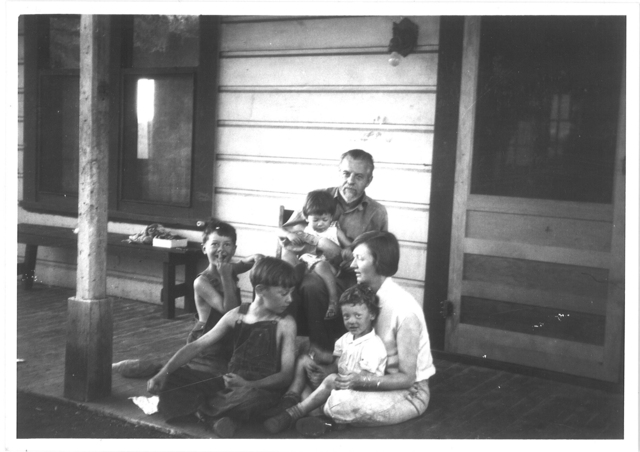
The Pioneer: Ursula K Le Guin
"We are volcanoes. When we women offer our experience as our truth, as human truth, all the maps change. There are new mountains."
— Ursula K. Le Guin
With nearly 60 years of career as a professional writer, Ursula Kroeber Le Guin has been called a “major voice in American Letters”, however she prefers to be known as an “American novelist.”[1] Although she is best known for her speculative fiction, she produced more than twenty novels and over a hundred short stories, in addition to poetry, literary criticism, translations, and a children’s book. Her work is frequently focused on gender and sexuality, moral development, and political systems. She is the pioneer who broadened the science fiction genre and inspired many creators worldwide even outside the field of literature.
Ursula K. Le Guin was born in Berkeley, California, in 1929. Under the influence of her distinguished anthropologist father, Alfred Louis Kroeber, Le Guin was exposed to anthropology and cultural exploration as a child. Psychologist Carl Jung and Philosophical Taoism have influenced her too.

"I think hard times are coming when we will be wanting the voices of writers who can see alternatives to how we live now and can see through our fear-stricken society and its obsessive technologies. We will need writers who can remember freedom. Poets, visionaries – the realists of a larger reality"
— Ursula K. Le Guin
She wasn't sure what she wanted to do until she stumbled into science fiction and fantasy. She believes science fiction gives her all the tools she needs with no limitation on her imagination, so she can create various worlds and futures.[2]
In the end, Le Guin broke down the walls of genre. She frequently brings discussions on social and political issues to her stories and uses her wild imagination to present them on alternative planets and alien lives, or her deliberated writing which brings readers to the exotic scenarios. Everyone who likes her novels feels a sense of inspiration and empowerment. Her editor at The New Yorker, Charles McGrath, said she can “transform genre fiction into something higher.”
"The only questions that really matter are the ones you ask yourself."[3]
— Ursula K. Le Guin
[1] Julie Phillips, The Real and Unreal: Ursula K, Le Guin, American Novelist, 2012, https://web.archive.org/web/20170120151556/http://www.bookslut.com/features/2012_12_019664.php
[2] Julie Phillips, The Fantastic Ursula K. Le Guin, The New Yorker, 2016, https://www.newyorker.com/magazine/2016/10/17/the-fantastic-ursula-k-le-guin
[3] See note 2 above